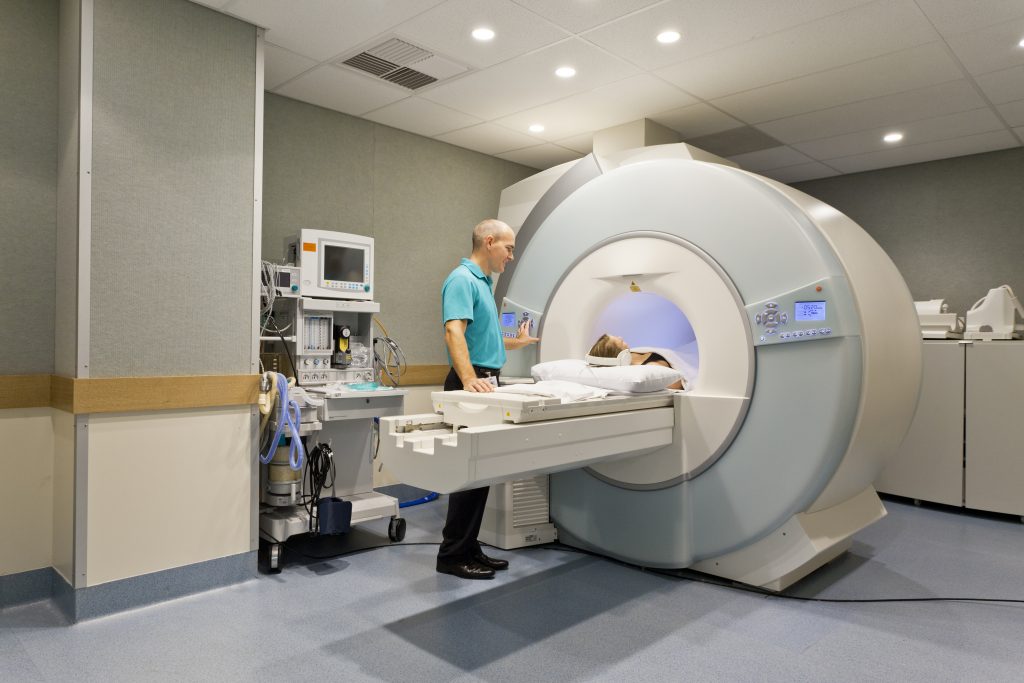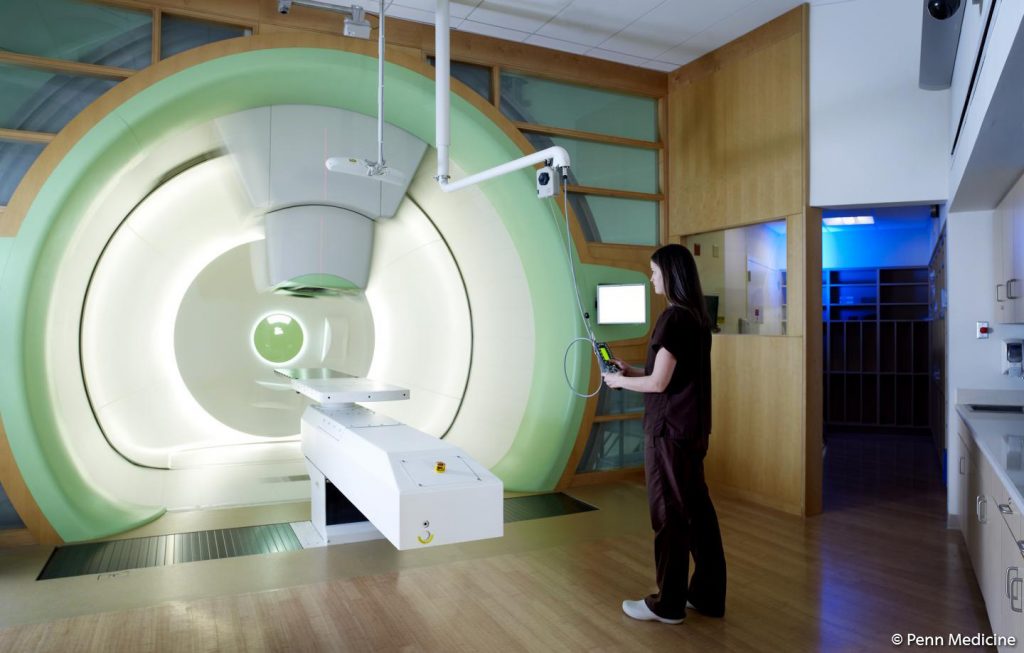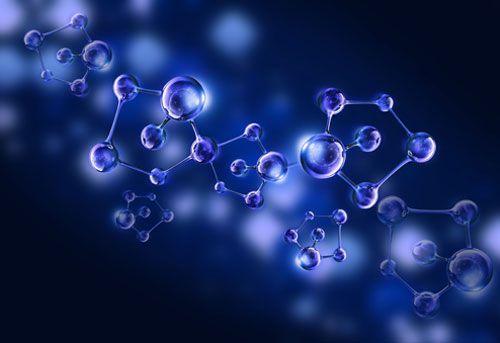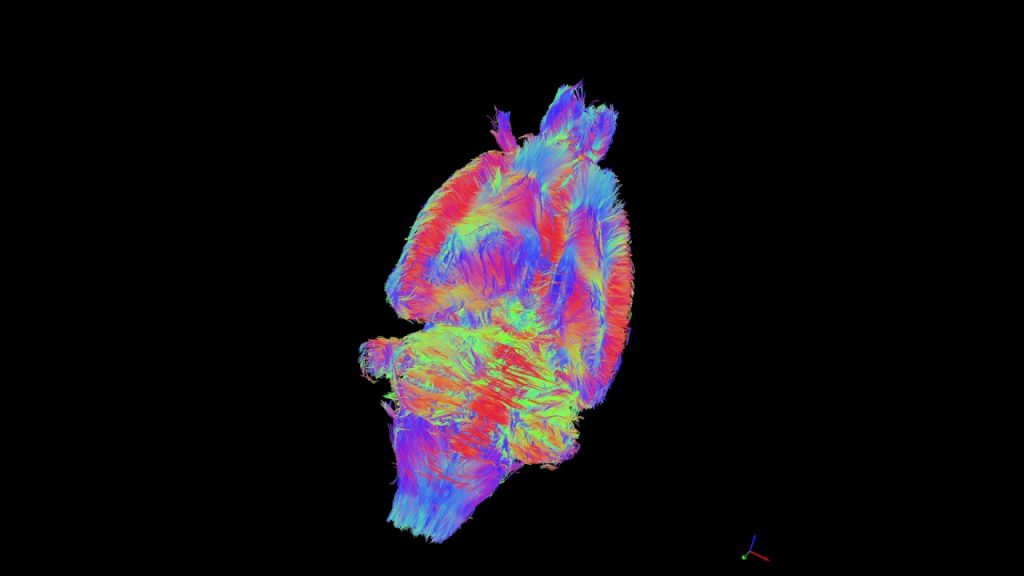SHI’s Cryocoolers and Cryopumps play a critical role in medical devices from MRI and Pre-Clinical MRI, to Particle Therapy and NMR.

Magnetic resonance imaging (MRI) is a medical imaging technique used in radiology to visualize internal structures of the body in detail. Today’s advanced MRI magnets:
- Are manufactured using rare-earth materials, which are superconductive at very low temperatures (4.2 K/-269 °C/-452 °F).
- Utilize liquid helium to cool down the superconducting magnet. This is where SHI’s Cryocooler systems take over.
- In some MRI systems, SHI cryocoolers cool shields in the MRI system designed to minimize the amount of liquid helium that is consumed.
- In other MRI systems, SHI cryocoolers actually eliminate the helium losses by re-condensing the valuable helium, resulting in a “zero-loss” system.
- Future MRI applications are reducing the amount of liquid helium used in the system and are, therefore, more reliant on SHI cryocoolers to keep the superconducting magnet cold.
Magnetic Resonance Imaging (MRI) is a very large, global business. Although MRI continues to grow steadily in developed countries, the real growth is introducing affordable MRI systems into developing countries, like China, India and Brazil.

Whereas MRI is a diagnostic tool, particle therapy is a treatment tool. The most common type of particle therapy is proton therapy, which uses a beam of protons to irradiate diseased tissue, most often in the treatment of cancer. Most proton therapy technology:
- Utilizes high-powered superconducting magnets, which need to be cooled to liquid helium temperatures using advanced SHI Cryocoolers.
- May also require the use of SHI cryopumps to create the necessary high vacuum within the proton therapy system.
Proton therapy systems require significant investment, but are a growing global business. Many of the world’s most advanced hospitals and cancer treatment centers are already investing in, or considering investing in, this exciting, life-saving technology.

NMR is a phenomenon in which nuclei, subjected to a strong magnetic field, act like tiny magnets. External radio waves then absorb the energy that is produced from the nuclear magnets.
- Much like their use in MRI, SHI cryocoolers cool the magnet within the NMR system, allowing the user to vary the magnet’s field strength more easily versus standard liquid helium systems.
- Additionally, cryocooling isolates the internal experimental area of the NMR from external radiation by cooling the radiation shield and providing a thermal barrier.

Pre-Clinical MRI is critical in the research and development of diagnostics and/or therapeutics. This application allows for ways to image a disease in real time (in an animal) to assess changes and responses in the model. A high magnetic field is needed in these systems, which can only be achieved using superconducting wire kept at liquid helium temperatures.
- SHI cryocoolers are used to keep the superconducting wire cooled, reducing the need for liquid helium.
- Cryogen-free MRI technology, cooled by SHI cryocoolers, can be made lighter, more portable, and at a lower cost to the customer – thereby expanding the potential market opportunities.